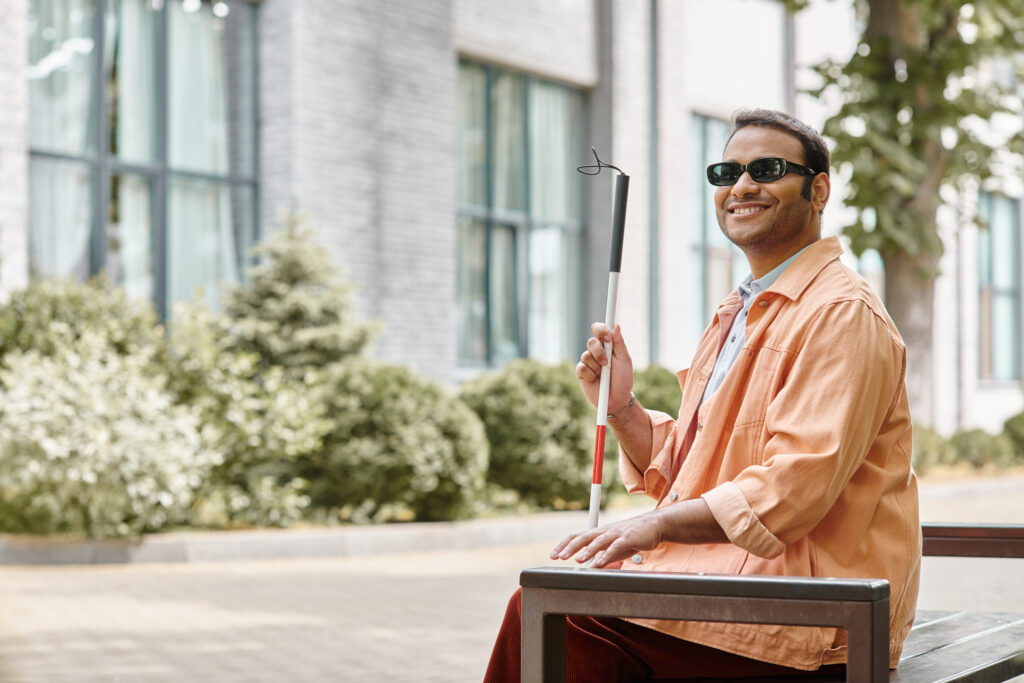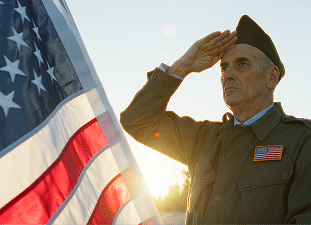For many veterans living with blindness or low vision, accessing essential rehabilitation services has long been a challenge due to geographic, transportation, or health limitations. In response to these barriers, the U.S. Department of Veterans Affairs (VA) is expanding its innovative Blind and Vision Rehabilitation Service (BRS) program through virtual and telehealth offerings. This new approach is helping veterans nationwide maintain independence, regain daily living skills, and improve their quality of life—all from the comfort of their own homes.
Addressing a Critical Need Among Veterans
Thousands of veterans live with service-connected or age-related vision loss, which can dramatically affect daily life. Common challenges include navigating familiar environments, managing medications, using assistive technology, and handling essential tasks like cooking, personal care, and mobility.
VA’s Blind and Vision Rehabilitation Service (BRS) has historically delivered life-changing in-person programs through specialized centers and outpatient clinics. However, transportation issues, mobility impairments, and remote locations have prevented many veterans from accessing these resources. Recognizing these obstacles, the VA now offers virtual telerehabilitation, making these vital services more accessible than ever.
What Is VA Blind Telerehabilitation?
VA Blind Telerehabilitation provides veterans with blindness or low vision the ability to receive personalized rehabilitation training remotely. Through secure video platforms, veterans meet one-on-one with skilled Blind Rehabilitation Specialists who guide them through training tailored to their specific needs.
Services include:
- Independent living skills training (cooking, grooming, daily tasks)
- Orientation and mobility training for safer navigation
- Technology instruction on devices like smartphones, computers, and assistive devices
- Adjustment counseling to support emotional well-being
- Family and caregiver education
This program ensures veterans can build the skills they need to live safely and independently, even if traveling to a VA center is not an option.
Benefits of Virtual Rehabilitation for Veterans
Virtual blind rehabilitation services offer numerous benefits, especially for veterans who may have previously faced barriers to care:
- Accessibility: Veterans can receive care regardless of where they live.
- Flexibility: Appointments can be scheduled around the veteran’s needs and routines.
- Continuity: Veterans who began in-person rehabilitation but relocated or became homebound can continue care without interruption.
- Family Involvement: Family members and caregivers can be involved in sessions to better understand the veteran’s needs and support their progress.
The VA reports that veterans who engage with the telerehabilitation program experience increased confidence, independence, and improved mental health by reducing feelings of isolation and frustration often associated with vision loss.
How Veterans Can Access Blind Telerehabilitation Services
Veterans who are enrolled in VA health care and experience vision loss are eligible for these virtual services. Access starts by speaking with a primary care provider or VA eye care specialist, who can then refer the veteran to a Blind Rehabilitation Specialist.
From there, veterans will be evaluated, and a customized rehabilitation plan will be developed. The VA provides veterans with the necessary technology or adaptive devices required to participate in telerehabilitation sessions when needed.
Veterans Guide: Your Resource for Navigating VA Benefits
Blindness and vision loss can severely impact a veteran’s independence, but VA telerehabilitation is making meaningful strides in restoring hope and improving quality of life. Whether you are facing vision loss due to a service-connected disability or age-related condition, it’s important to understand the full range of benefits available to you—including the possibility of increasing your VA disability rating or appealing a denied claim.
Veterans Guide is here to help you make sense of VA programs like Blind Rehabilitation Services, disability benefits, and appeals. If you are a veteran struggling with a denied VA claim or looking to maximize your disability rating, contact Veterans Guide today. Our team of advocates and legal professionals is ready to assist you in getting the benefits you deserve.




